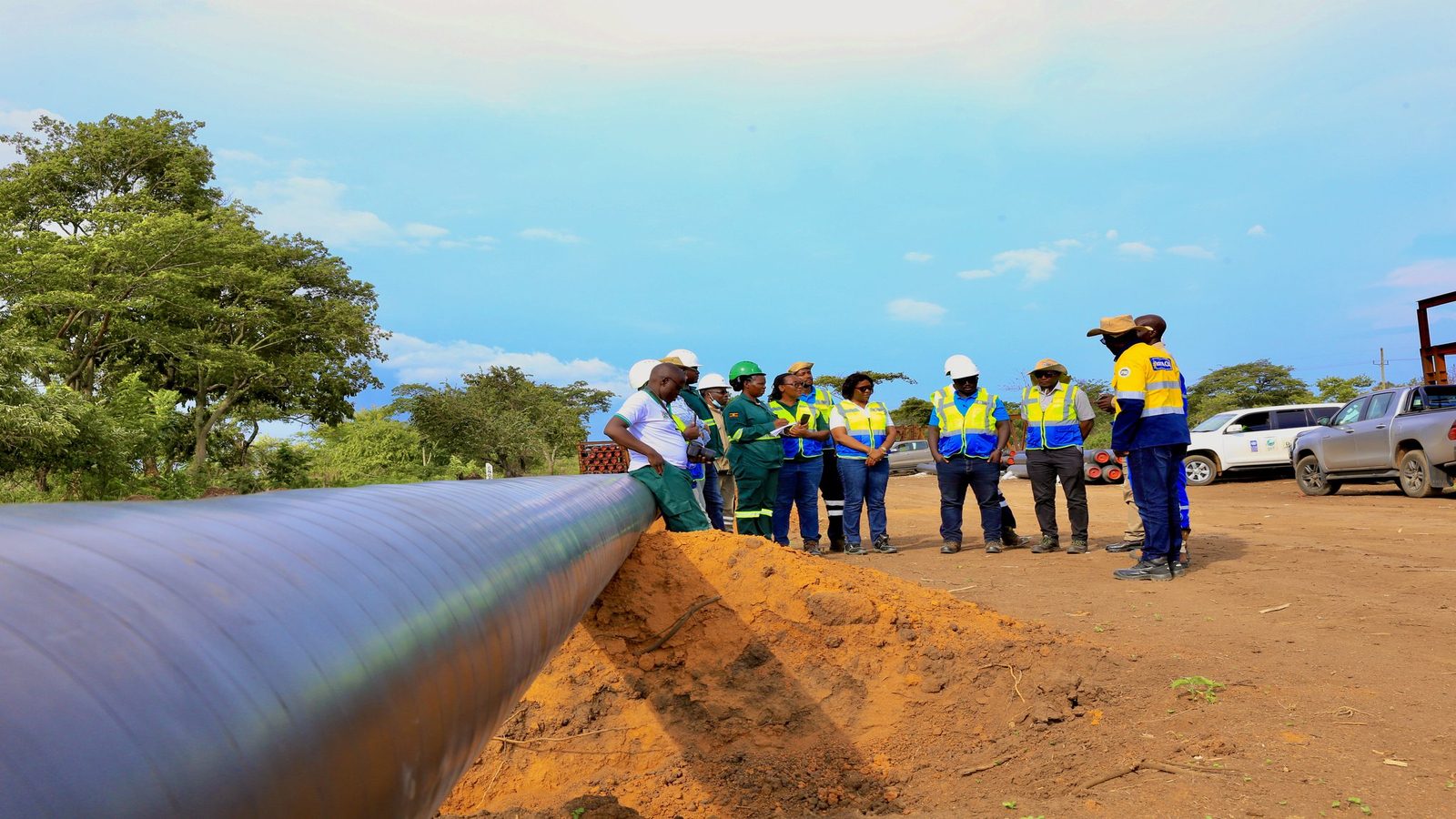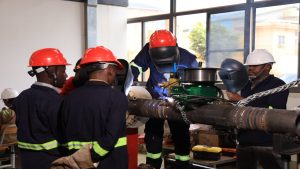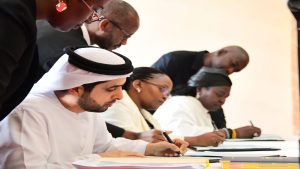Share
The goal of the global community is to fairly switch from the use of environmentally harmful fossil fuels to sustainable energy sources.
The Second Annual Joint CSO Conference on Oil and Gas will be hosted by the Petroleum Authority of Uganda (PAU), in collaboration with the Ministry of Energy and Mineral Development (MEMD), major industry participants TotalEnergies, CNOOC Uganda Ltd, Uganda National Oil Company, and EACOP Ltd, as well as the Civil Society Coalition on Oil and Gas.

June 18, 2024, is the day set aside for the summit. The goal of this conference is to construct a cohesive plan for carrying out Uganda’s energy transition plan, with a focus on how crucial it is to foster consensus in the industry’s advancement. The second Joint CSO Conference’s main objective is to talk about Uganda’s energy transformation plan and how important the oil and gas industry will be to accomplishing these goals.
The conference will give NGOs and CSOs a forum to discuss their viewpoints and experiences, promoting understanding between the government, the oil industry, and civil society.
It is anticipated that this conversation will provide fair perspectives and cooperative solutions going forward.
With the signing of important contracts for the East African Crude Oil Pipeline (EACOP) in April 2021 and the release of the Final Investment Decision (FID) for the upstream and midstream oil and gas projects in February 2022, Uganda’s oil and gas industry has advanced significantly.
Ugandan citizens have benefited from these advances, which have resulted in significant investments and the creation of countless job opportunities, commercial contracts, and service payments.
The Ugandan government made their Energy Transition Plan public during COP28 in Dubai, December 2023.
Providing universal access to electricity and clean cooking in accordance with SDG7, building an energy infrastructure to support Uganda’s rapid economic growth, and creating the foundation for an Integrated Energy Resource Plan are among the plan’s main goals.
The plan also intends to involve foreign parties in Uganda’s energy requirements with respect to development, energy security, affordability, and the mitigation of greenhouse gas emissions. Additionally, it aims to open up funding in the framework of Just Energy Transition Partnerships (JETP).
CSOs and other interested parties have carried out a number of studies on Uganda’s energy transition since they have a stake in it. Diverse opinions exist regarding how to balance the exploitation of petroleum resources with efforts to achieve an energy transition.
The oil and gas industry in Uganda is well-positioned to contribute significantly to the realization of a fair transition, with the revenue created being reinvested in cleaner technologies and socioeconomic advantages.
It is crucial to forge a long-lasting agreement on the proper transition procedure, which includes using Uganda’s oil and gas resources in accordance with the energy transition plan.
Effective discussions between government agencies, IOCs, and members of civil society can help achieve this.
The inaugural national conference proved to be a great success, taking place in May 2023 at the Serena Hotel in Kampala as a pre-event to the 10th East African Petroleum Conference and Exhibition (EAPCE).
All participants believed that regular interaction and discussion on strategic issues were necessary.









